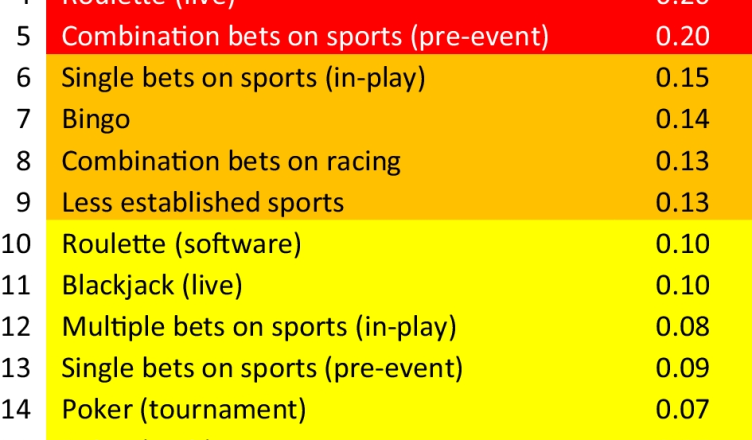Let’s be honest—gambling can be thrilling. The rush of a near-win, the adrenaline of high stakes, the fleeting hope of a jackpot. But for some, that excitement spirals into something darker. That’s where responsible gambling tools come in. These aren’t just digital Band-Aids; they’re psychological lifelines designed to keep play safe, fun, and under control.
Why Do We Need Responsible Gambling Tools?
Gambling isn’t just about luck or strategy. It taps into deep-seated psychological triggers—dopamine hits, the illusion of control, the “near-miss” effect that tricks our brains into thinking “next time” is the win. Casinos and online platforms know this. They’re built to keep players engaged. Responsible gambling tools? They’re the counterbalance.
The Brain on Gambling: A Quick Dive
Ever wondered why it’s so hard to walk away? Blame neuroscience. Gambling activates the brain’s reward system, flooding it with dopamine. Over time, this can rewire decision-making processes, making it harder to recognize losses or set limits. Tools like deposit limits or cool-off periods? They’re like guardrails on a neurological highway.
How Responsible Gambling Tools Work (And Why Some Don’t)
Not all tools are created equal. Some work because they align with how our brains function—others fail because they ignore human psychology entirely. Here’s the breakdown:
1. Deposit Limits: The Power of Pre-Commitment
Setting a deposit limit is a classic example of “pre-commitment,” a psychological strategy where you restrict future choices to avoid impulsive decisions. It works because it’s easier to say “no” once (when setting the limit) than repeatedly in the heat of the moment.
2. Time-Outs and Self-Exclusion: Hitting Pause
These tools exploit the “cooling-off” effect. By forcing a break, they disrupt the cycle of continuous play—which, honestly, is where problems often start. A 24-hour time-out might not sound like much, but it’s enough to reset impulsive thinking.
3. Reality Checks: The Wake-Up Call
Pop-up reminders that say, “You’ve been playing for 2 hours” leverage the “interruption effect.” They snap players out of autopilot mode, creating a moment of reflection. Simple? Sure. Effective? Surprisingly, yes—when timed right.
The Pitfalls: When Tools Fall Short
Here’s the thing: tools only work if people use them. And let’s face it—someone deep in the grip of problem gambling might bypass limits or ignore reminders. That’s why the most effective tools combine psychology with friction:
- Default settings matter: Opt-out limits (where limits are set automatically) work better than opt-in.
- Timing is key: Reality checks during losing streaks? More effective than during wins.
- Personalization: Generic warnings get ignored. Tailored messages (“You’ve spent $500 this month”) hit harder.
The Future: Smarter Tools for Real Impact
AI and behavioral analytics are changing the game. Imagine tools that detect subtle shifts in behavior—like faster betting or increased deposit frequency—and intervene before things escalate. Some platforms already do this, using algorithms to flag risky patterns.
But technology alone isn’t enough. The best tools blend psychology, design, and a dash of empathy. Because at the end of the day, responsible gambling isn’t about stopping play—it’s about keeping it human.

